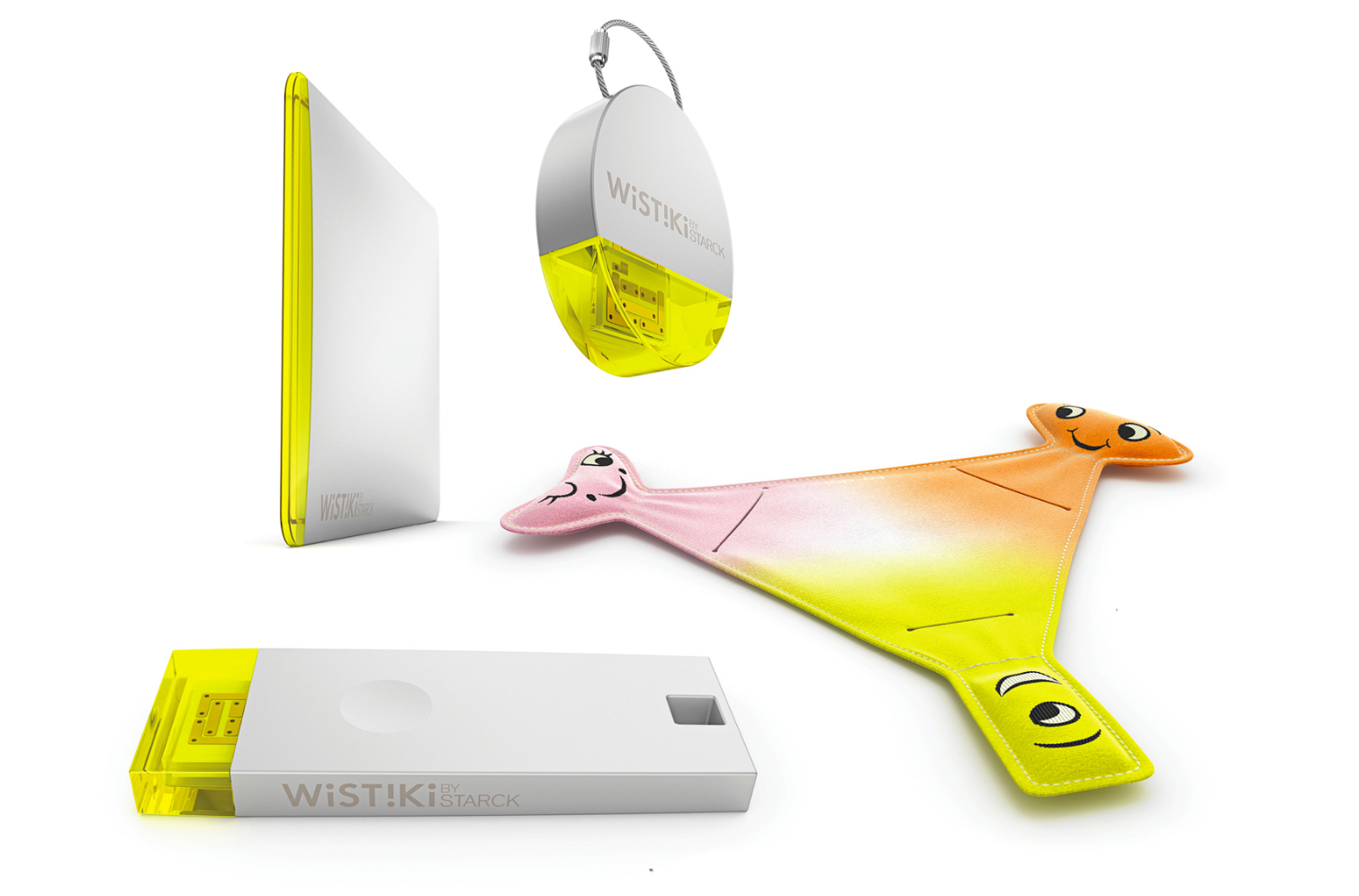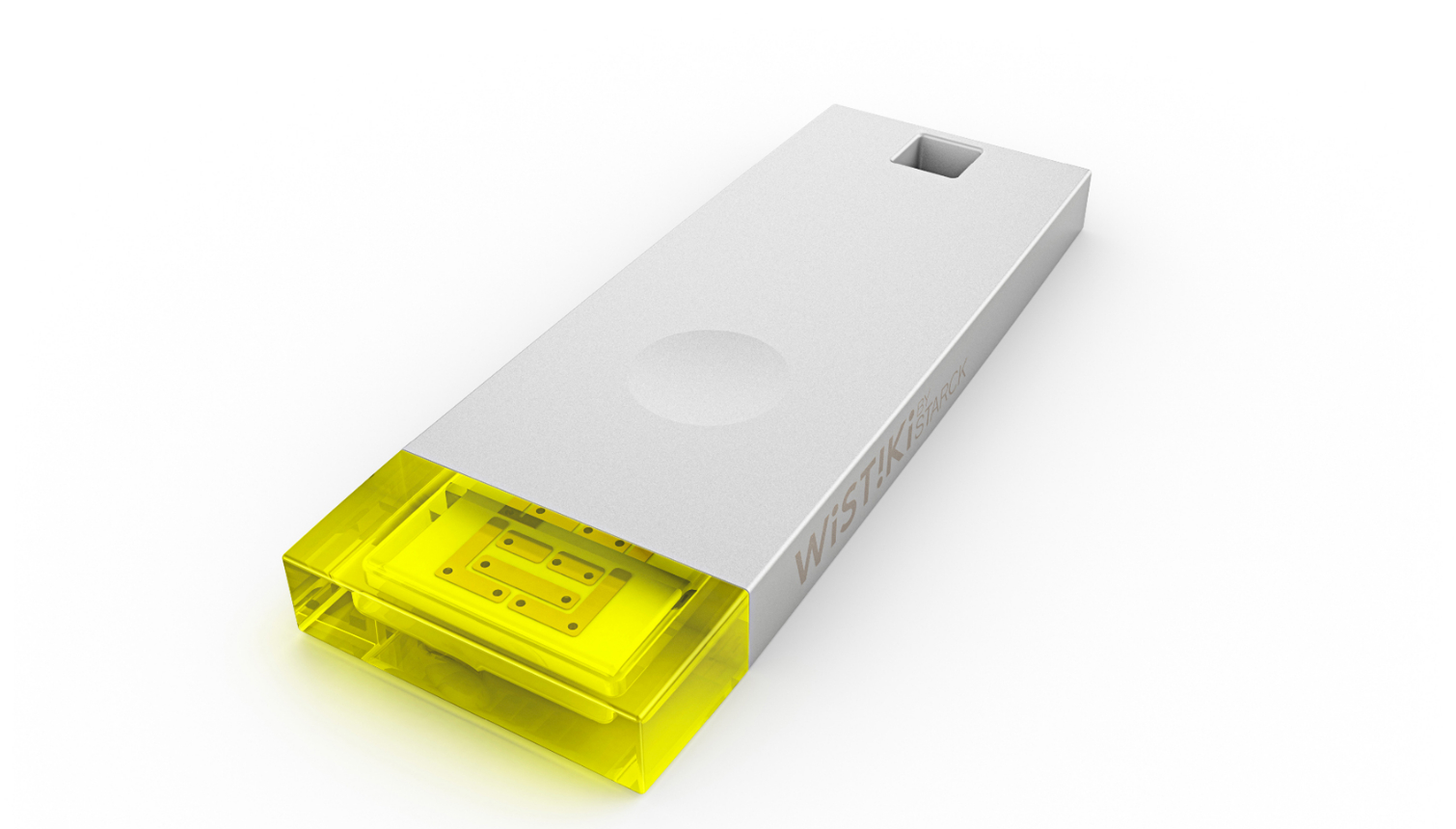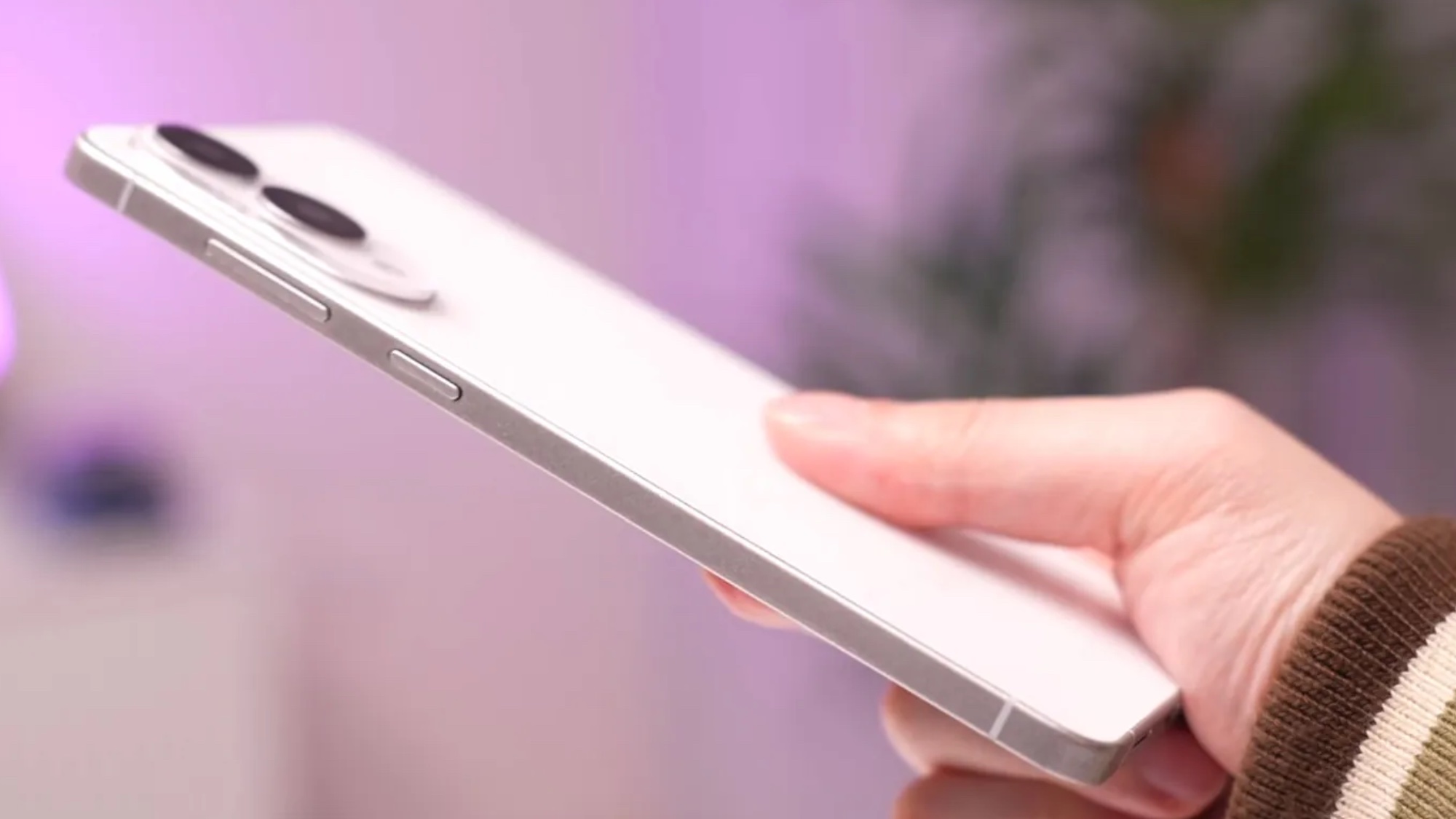Wistiki Brings Luxury Look, Price Tag to Key Finders
Wistiki is betting high-end style should apply to wireless key finders, with what it calls a premium line of tracking devices that boast price tags to match.
Some people appreciate the finer things in life, especially when it comes to high-tech gadgets. A company named Wistiki is betting that also applies to wireless key finders by introducing what it calls a premium line of tracking devices that boast price tags to match.

How premium? The France-based Wistiki has teamed up with noted designer Philippe Starck on its Found You collection — a lineup of $50 devices that includes a key fob, a medal that attaches to pet collars and a slim card that slips into your wallet. All of the devices pair with your Android or iOS device over Bluetooth, letting you press a button in a companion app to sound an alert that helps you find misplaced items.
MORE: Best Key Finder - Tracking Devices for Lost Things
The company introduced those three devices, plus a children's soft toy that also features Bluetooth tracking capabilities, in this YouTube video, the first 40 seconds of which could rival anything out of French impressionist cinema.
As eye-catching as the designs are — the Viola key finder comes with a brushed metal case and a solid gold antenna — your eyes are more likely to fixate on the $50 price tag. That's twice as much as the second-generation Tile, the top pick in our guide to wireless key finders. It's also a $20 premium over other top-rated key finders like TrackR's Bravo, Duet by ProTag and the Pally Smart Finder.
"The only person who is right is the market," said Bruno Lussato, one of the three brothers behind Wistiki during a launch event last night (Nov. 12) in San Francisco. And Wistiki is putting that assertion to the test with an Indiegogo crowd-funding campaign that's looking to raise $100,000 to bring the Found You devices to the U.S. in 2016.

To be fair, the Found You devices offer other features that could justify the premium price tag. Wistiki says its devices will have a range of more than 300 feet, which would double what most key finders claim to offer these days. The battery inside one of Wistiki's devices should last three years, three times as long as what other key finder makers claim for their battery life.
But that promised battery life comes with a catch — the battery in Wistiki's devices can't be replaced, meaning you'll need to get a new tracker in 3 year's time. Lussato said the company will create a replacement program in which you'll be able to buy a new Found You device at a lower price, though the details of that program haven't been announced yet.
The wider range may also turn out to not be as beneficial as you might think. Having tested a dozen key finders, I've found that beyond 100 feet, it's difficult to impossible to hear the alert on your device, even on key finders with 90-decible ratings. Widening that range to 300 feet merely increases the size of the haystack in which you're trying to find your particular needle.
Still, Wistiki has enjoyed some success making lower-priced device finders in Europe, and the premium look and feel of these new products could help distinguish the Found You lineup in a crowded U.S. market. Certainly, the crowdfunding campaign will be an early indicator if people demand a luxury look for their key finder, or if they decide that a brushed metal device looks the same as a plastic one once it's tucked away in your pocket.
The crowdfunding campaign got off to a bit of a stumble when Philippe Starck didn't appear as scheduled at last night's launch event. The Lussato brothers — who use "The End of Lost" as the slogan for their company — announced the designer was unable to make his flight, as he had lost his passport.
If only there was a tracking device that helped you find lost items. I can recommend several that cost just $25 to $30.
Sign up to get the BEST of Tom's Guide direct to your inbox.
Get instant access to breaking news, the hottest reviews, great deals and helpful tips.
Philip Michaels is a Managing Editor at Tom's Guide. He's been covering personal technology since 1999 and was in the building when Steve Jobs showed off the iPhone for the first time. He's been evaluating smartphones since that first iPhone debuted in 2007, and he's been following phone carriers and smartphone plans since 2015. He has strong opinions about Apple, the Oakland Athletics, old movies and proper butchery techniques. Follow him at @PhilipMichaels.

